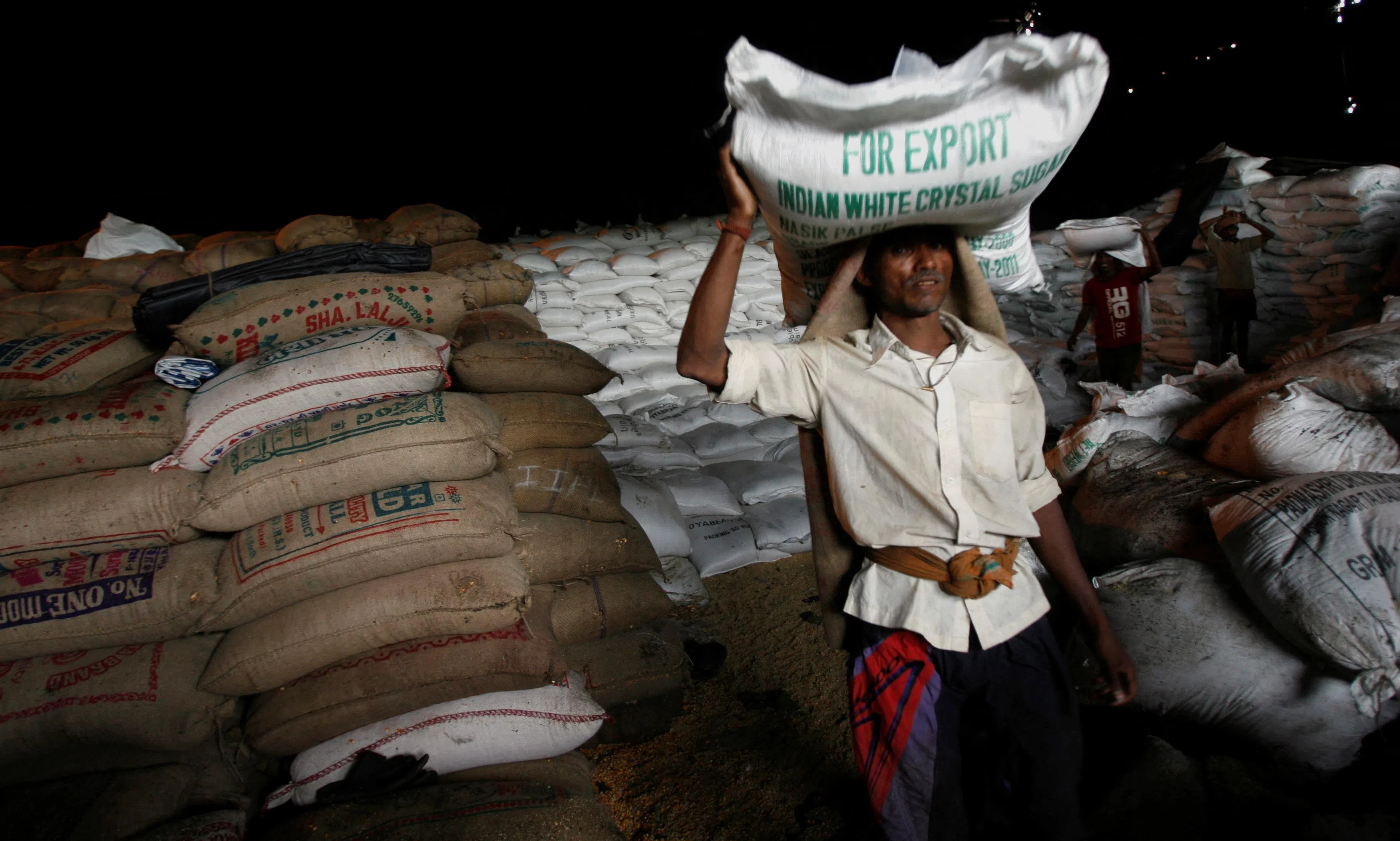INDIA has lifted restrictions on sugar mills and distilleries using cane juice to make ethanol, a move that’s likely to prolong export curbs from the world’s second-biggest grower and tighten global supply.
Ethanol producers will be allowed to use sugarcane juice, B-heavy and C-heavy molasses during the 2024-25 year that starts November, according to the food ministry.
Authorities will periodically review the measures to ensure there is adequate sugar supply for domestic consumption, the agency said.
India stopped millers from using cane juice and syrup to make ethanol in 2023-24 to increase its sugar reserves after poor rainfall damaged some crops. The South Asian nation also implemented curbs on exports, which were extended in October to keep local prices in check ahead of national elections.
Benchmark sugar prices have rallied recently after widespread fires in Brazil – the world’s top producer – prompted some mills to lower production estimates.
The easing of India’s ethanol restrictions will help Prime Minister Narendra Modi meet a government target of boosting the proportion of the fuel in gasoline blends to 20 per cent by the year starting November 2025.
Shares of the South Asian nation’s sugar millers jumped on Friday (Aug 30) following the news.
Triveni Engineering and Industries Ltd. advanced more than 10 per cent, Shree Renuka Sugars Ltd. and Bajaj Hindusthan Sugar Ltd. rose almost 10 per cent, while Dwarikesh Sugar Industries Ltd. and Balrampur Chini Mills Ltd. gained as much as 8 per cent. A Bloomberg gauge of the top 15 sugar millers rose to a record.
The government has also allowed grain-based makers of ethanol for fuel to purchase rice from state reserves via an electronic auction conducted by Food Corp. of India, the ministry said in a separate order. The nation plans to sell as much as 2.3 million tons during August and October. BLOOMBERG






